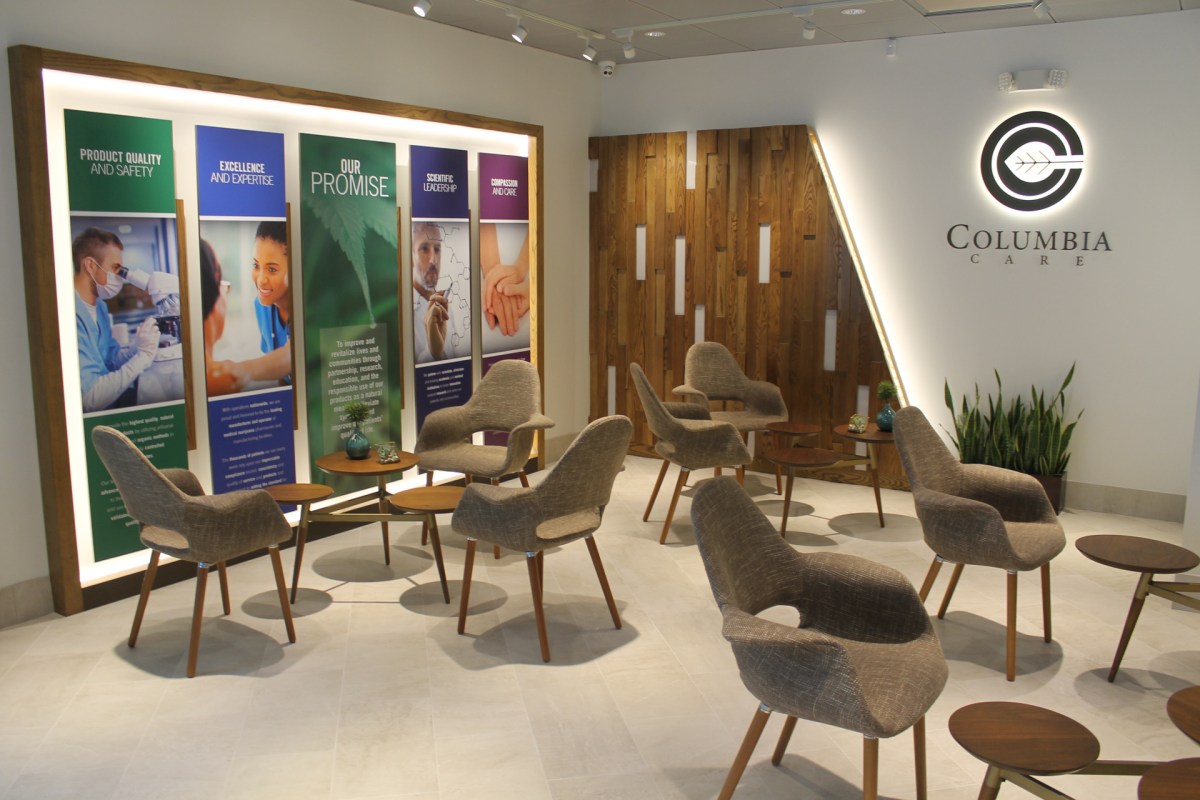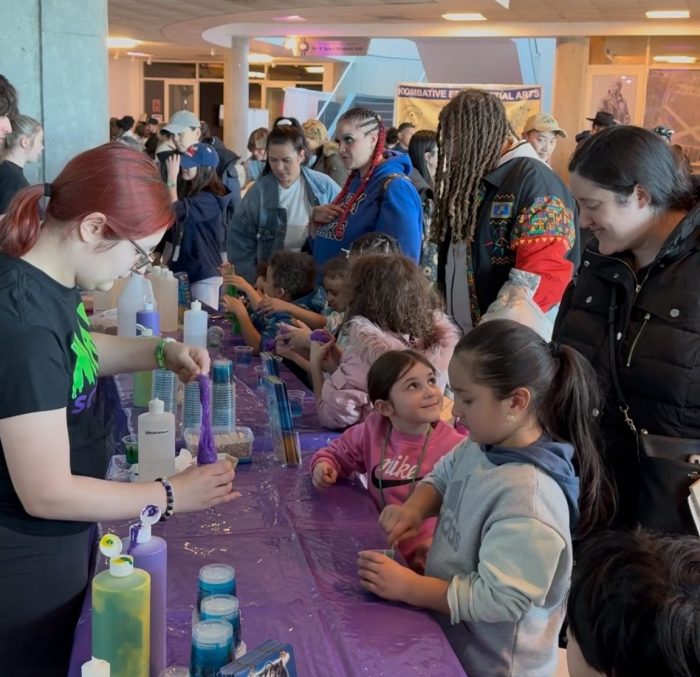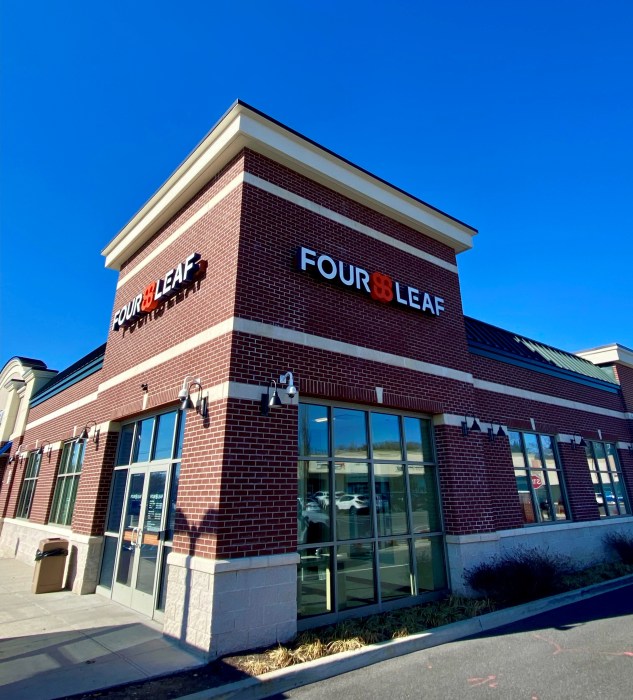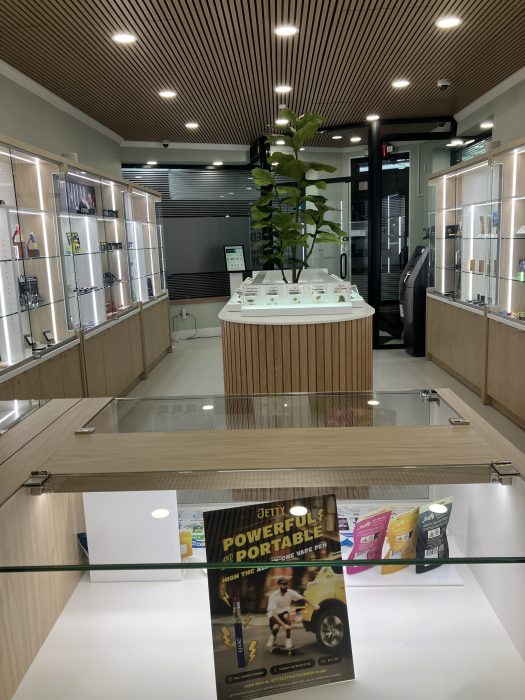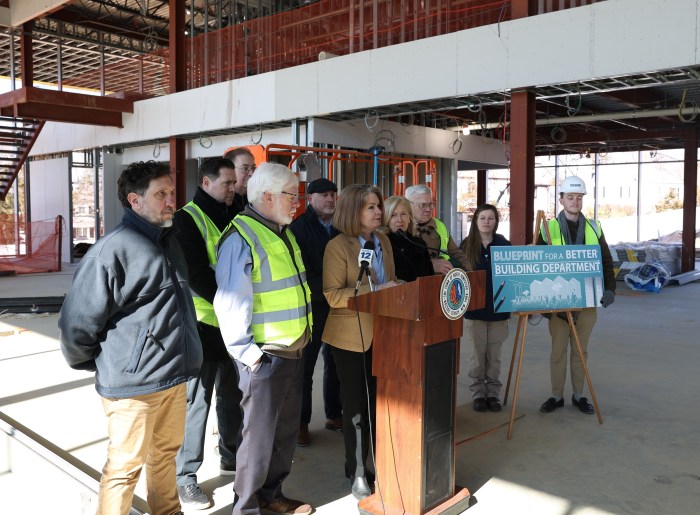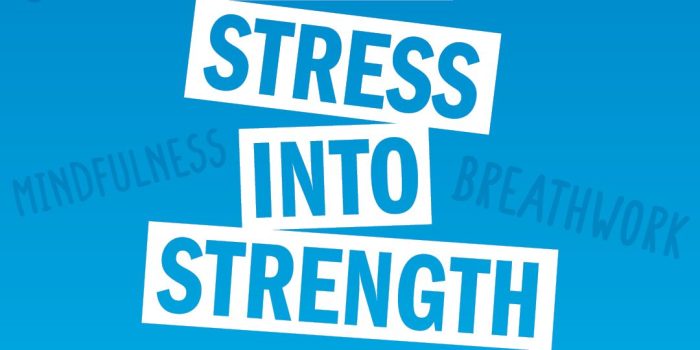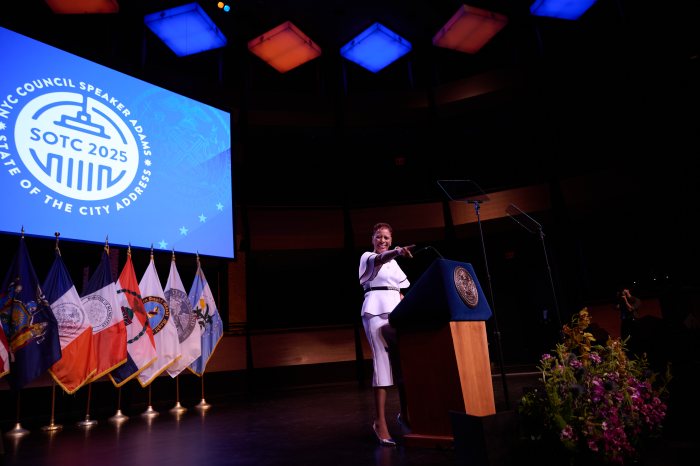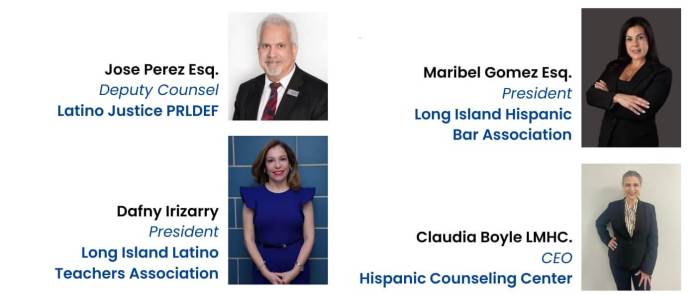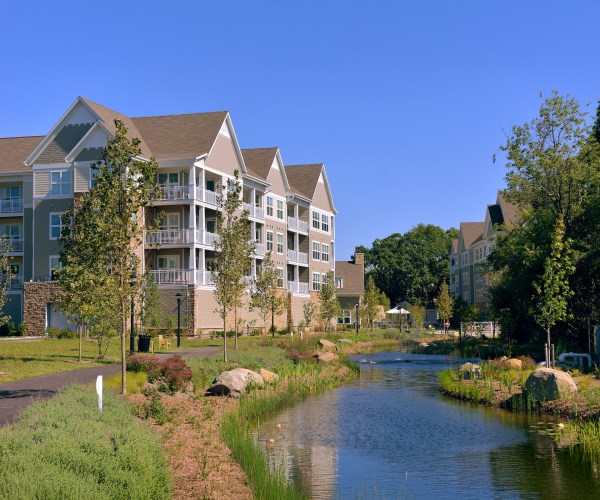Little by little, New York is finally joining 22 other states plus Washington, D.C., in offering medical marijuana to qualified patients at tightly regulated dispensaries that are slowly opening across the Empire State. All told, there will be 20 when the program is fully operational. Two facilities are set to open Friday on Long Island, one in Riverhead and the other at Lake Success.
Like Minnesota, New York’s stipulations are very restrictive, permitting the dispensaries to sell the drug only in oils and tinctures—not in smokable or edible form—compared to other states that have legalized medical marijuana.
“Our goal is to ensure that New Yorkers have access to the treatment they need through a controlled, regulated process,” State Health Commissioner Dr. Howard Zucker said in a press release when the law passed in 2014 as part of the Compassionate Care Act.
Only patients with 10 medical conditions, such as HIV, AIDS, epilepsy, multiple sclerosis and cancer, qualify for the medical marijuana certificates given by physicians registered with the New York State Department of Health. The doctors have to undergo a four-hour training course and pay a $249 fee. As of this week 409 patients have signed up in New York and 302 doctors have registered.
Despite the restrictions and the slow implementation of the program, state Assemb. Richard Gottfried (D-Manhattan), who has been sponsoring medical marijuana legislation for almost two decades, remains optimistic.
“I would say the glass is three-quarters full, which is pretty good in life,” he said. “Ultimately the law, even as currently written, is going to provide important relief for thousands and thousands of seriously ill patients. I think it could work a whole lot better and serve a lot more patients in need if some of the restrictions the governor insisted on can be changed.”
In the current legislative session, the Assemblyman has introduced some amendments to address these concerns.
“We’re still going to be working to fill the glass,” he told the Press. “I’ve always believed that on this issue the general public is way ahead of a lot of elected officials.”
Advocates for the law hope the health commissioner will exercise his leeway to include at least five more qualifying serious medical conditions and allow doctors to more easily participate in the program. The dispensaries are also on a tight watch to prevent abuse. That intense scrutiny applies to the dispensaries’ suppliers too, noted Gottfried. These producers have to use their own trucks and drivers—not Federal Express, for example—and each truck has to be outfitted like an armored bank truck with its own safe to keep the product locked up. When one driver stops for coffee, another has to remain in the truck at all times.
“You would think they’re delivering plutonium,” observed Gottfried.
Gottfried disagrees with the health department’s insistence that the list of approved doctors be kept secret.
“I don’t think there is any legal justification for doing that,” he said. “The department ought to put it on its website.”
Although there’s no publicly available list of certified physicians, Columbia Care maintains its own list it can supply prospective patients. Potential patients, who are battling debilitating illnesses, are also struggling with the restrictions.
Before they can receive treatment, patients have to locate a physician who has been approved by the state to issue a prescription. In many cases, their primary care doctor may not even know who they can turn to.
“We’ve gotten literally dozens and dozens of calls from patients every day really frustrated and angry that they’re not able to enroll in the program because they can’t find a physician,” said Julie Netherland, a director at the Drug Policy Alliance, which runs the Compassionate Care coalition of patients and caregivers and was involved in lobbying for the bill.
“It is a fairly narrow and restrictive program,” she told the Press. “You can see that there are huge areas of the state that are not well served and Long Island is one of them. It’s a big area and only two are slated to open. The very people who qualify for the program are some of the sickest and most disabled folks in New York for whom travel can be really difficult and burdensome.”
She said it’s very hard to know how many patients would want to participate in the program, especially considering the limited number of qualifying conditions. One of the five dispensary companies licensed to supply the product in New York told Netherland that they estimated 400,000 to 500,000 patients but “I don’t know how accurate that is.”
Patients who qualify have to pay for it out of pocket because medical marijuana is not covered under any health insurance plans. The dispensaries have the option to price the product on a sliding scale in order to subsidize those patients who couldn’t otherwise afford the prescription. The drugs cost between $100-$300.
The drug is taken orally, for now. They expect to roll out vapor and pills in the near future.
“Somebody who wants to use marijuana for recreational purposes in New York does not need to go through this whole health department process to get access to it,” said Gottried. “You can go to almost any street corner. You don’t have to register your name and address with the state if you’re interested in smoking a joint.”
On Long Island, Bloomfield Industries Inc. is opening a dispensary at 2001 Marcus Ave., Suite NI, in Lake Success. Columbia Care runs the dispensary at 1333 East Main St. in Riverhead.
“We think this is a wonderful opportunity for patients and physicians to really examine and take advantage of a new form of health care,” Columbia Care CEO Nicholas Vita told the Press inside the facility Friday morning.
Vita said about 15 patients have scheduled appointments as of Thursday evening. Over next several weeks it will transition to regular business as opposed to strictly appointment based.
“The goal for us is to make sure no one ever comes and leaves empty handed,” Vita said. “If they want medicine, they should be able to get medicine, and that’s something we have the ability to do.”
The facility does not have any signs or markings outside indicating it’s a medical marijuana dispensary. Inside, it’s decorated with succulents and retro furniture.
Columbia Care has four facilities statewide, which is the max under the law. They’re in Riverhead, Manhattan, Plattsburgh and Rochester.
But New Yorkers won’t have the same options patients in other states have.
“There are lots of restrictions on the kinds of medical marijuana that are available in New York that don’t apply to other states,” said Netherland, noting that other states permit smokables, edibles, patches and lotions, as well as dozens of different strains. “That’s important because physicians and patients want the flexibility to be able to match a therapeutic strain to a particular set of symptoms. In New York there are only five strains or brands being allowed for each company. So if you go into a dispensary, you’re going to have a fairly limited selection.
“We all want to see a well-regulated system,” said Netherland. “The problem is that you have to balance that regulation with patient access.” She thinks the state has tipped the balance too far.
“My hope is that as the program rolls out,” Netherland said, “the state will realize that it doesn’t need all the restrictions that it’s put into place and will really change the program in a way that allows the patients to get the medicine they need more easily.”
—With Rashed Mian




